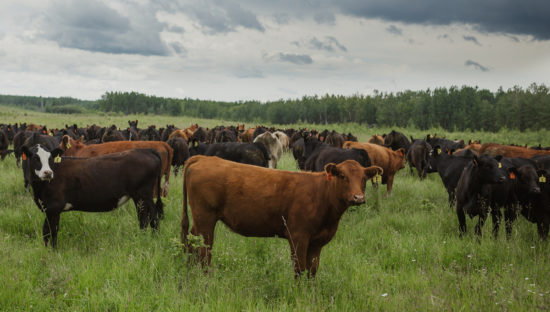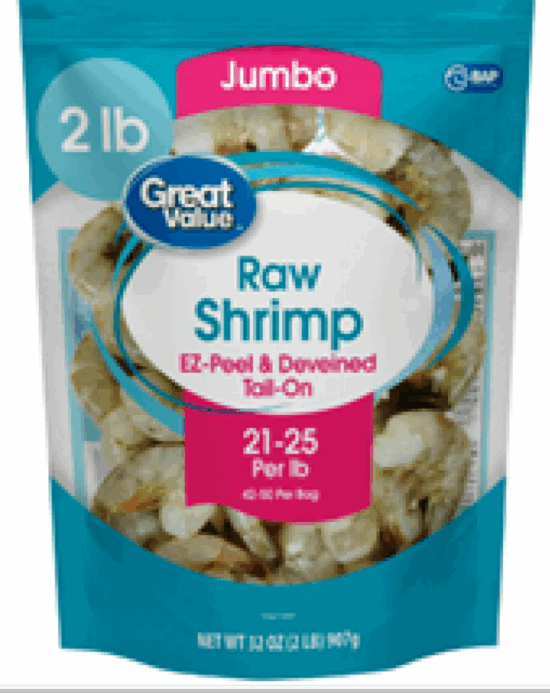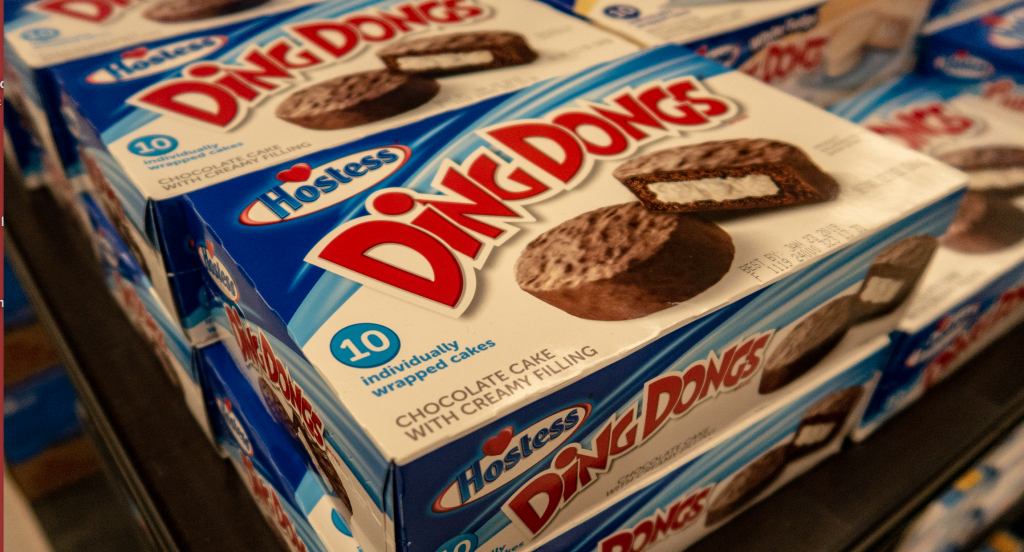Beef is big for Brazil, and it’s not just those popular Brazilian steakhouses like Rodizio Grill or the country’s domestic consumption. It has been nearly two decades since Brazil became the world’s largest beef exporter, with China as its largest customer and significant volumes coming to the United States.
Brazilian beef’s long, iffy role in the United States is caught between concerns over food safety and animal health. Solutions range from a legislative call for the suspension of Brazilian beef imports to the United States to President Trump’s imposition of 76 percent tariffs on Brazilian goods headed to the U.S. market.
The Office of the U.S. Trade Representative recently took testimony at the U.S. International Trade Commission regarding the Brazilian government’s trade policies and actions that may amount to unreasonable or discriminatory harm to U.S. commerce.
The so-called Section 301 investigation hearing focused on Brazil’s restrictions on U.S. beef and the long-standing concerns regarding the Brazilian government’s track record on food safety and animal health.
Kent Bacus, who heads government affairs for the Denver-based National Cattlemen’s Beef Association (NCBA), said Brazil has sold $4.45 billion of beef to American consumers but has failed to reciprocate meaningful access for U.S. beef by implementing burdensome technical barriers.
At the same time, Bacus reported that Brazil’s failure to report severe animal health cases promptly has raised questions about its food safety and animal health standards. Brazil has repeatedly waited weeks, months, or even years to report instances of atypical bovine spongiform encephalopathy (BSE) while using the delay to sell more product.
“NCBA is extremely supportive of President Trump holding Brazil accountable by levying upwards of 76 percent tariffs on Brazilian goods headed to the U.S. market. This is a good first step, but the administration must continue to hold Brazil accountable for its trade barriers on U.S. beef and its lack of transparency and accountability,” said Bacus. “NCBA urges the Trump administration to suspend beef imports from Brazil until a thorough audit and inspection process proves that Brazil can meet an equivalent level of food safety and animal health.”
China, after an early warning from Brazil, temporarily suspended beef imports from three Brazilian meatpacking plants in March, citing “non-compliance” in their facilities. The embargo was possibly due to pesticide residue.
Brazil hasn’t always practiced transparency in its dealings with the U.S.
Brazil had an outbreak in 2010, and notification was not made until 2012. Brazil experienced other epidemics in 2014, 2019, and 2022, during which Brazilian authorities detected two cases of BSE-infected cattle.
Brazilian beef has been plagued by other serious beef safety infractions, including the widely reported beef export scandal in early 2017, in which Brazil was found to be exporting rotten and tainted beef. That scandal eventually led to then Agriculture Secretary Sonny Purdue’s decision to impose a partial suspension of beef imports from Brazil — rather than a total ban, which many considered warranted.
“NCBA was the first to raise alarms over the Brazilian government’s food safety issues in 2017 and its delays in reporting atypical BSE cases in 2021 and 2023. The United States holds all trading partners to the highest science-based standards, and Brazil should not be the exception,” Bacus said.
Senators Mike Rounds, R-SD, and Jon Tester, D-MT, are sponsors of bipartisan legislation to suspend Brazilian beef imports to the United States until experts can conduct a systemic review of the commodity’s impact on food safety and animal health.
“Producer’s livelihoods are being compromised by Brazilian beef imports that fail to meet our country’s food safety and animal health standards, as Brazil has a history of failing to report, in a timely and accurate manner, diseases found in their herds,” Rounds said.
(To sign up for a free subscription to Food Safety News, click here.)



